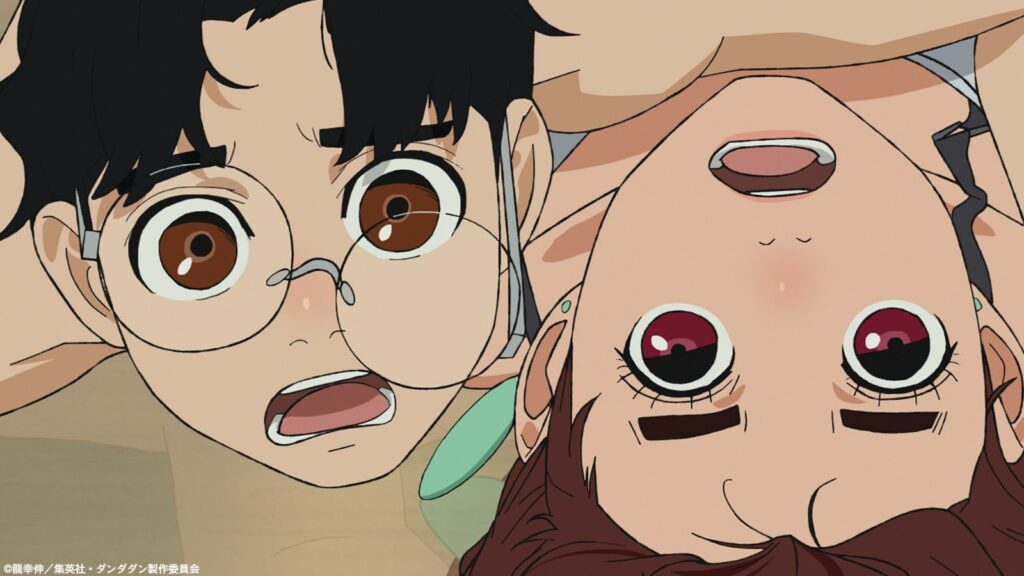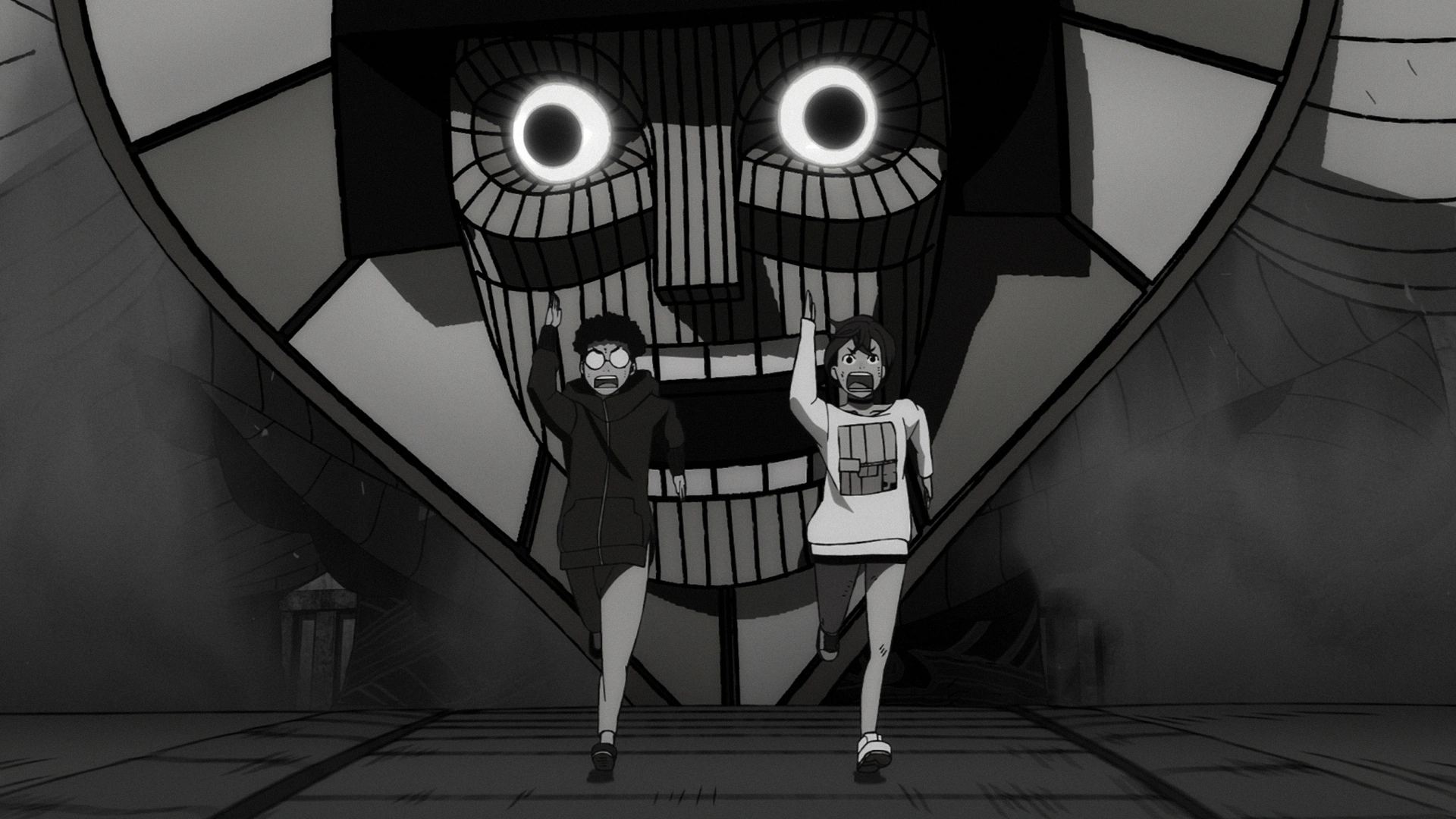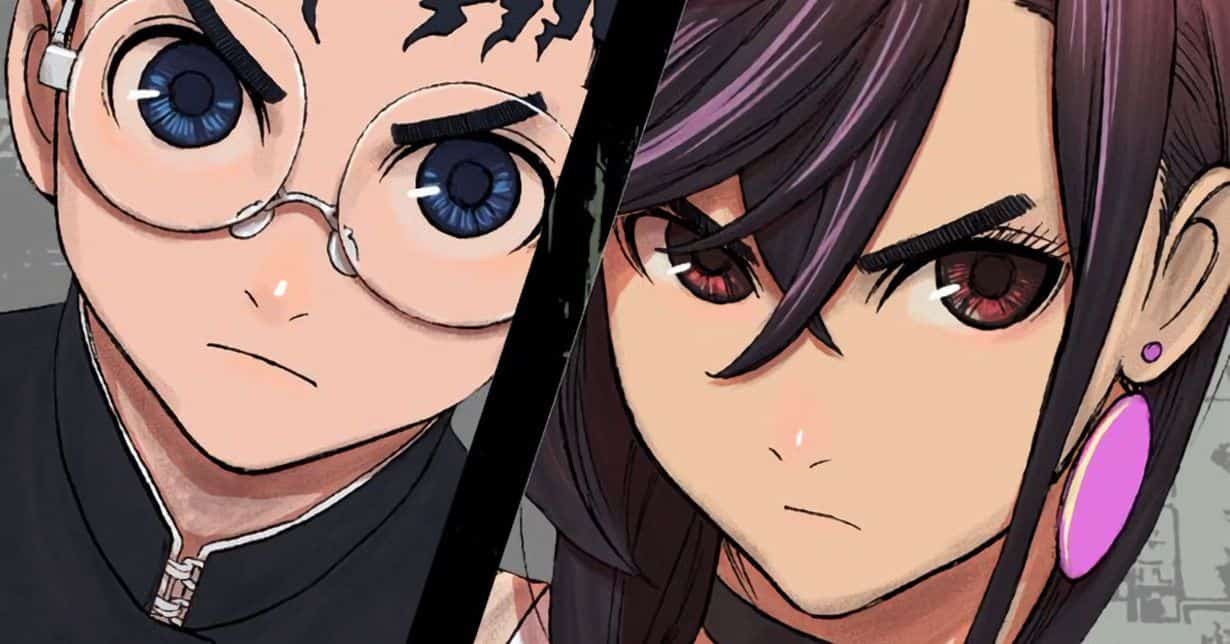AJ Beckles, the English voice actor for Dandadan’s Okarun, is at the center of controversy after sharing fanart depicting the character with Black features. The image, created by a fan of color, was reposted on Beckles’ social media and praised for its style. However, some Japanese fans saw it as an attempt to alter the character’s race, accusing the actor of cultural disrespect.
According to ComicBook.com, the reaction was swift and intense. Online users in Japan began trending hashtags demanding Beckles be removed from the project. Some labeled the artwork as “blackwashing,” claiming that changing the skin tone of a Japanese character was offensive and unwelcome in anime representation.
Culture Clash Over Artistic Expression

The situation highlights a growing cultural tension between global fandoms and Japanese audiences. While fanart in Western spaces often celebrates diversity and reimagines characters with inclusive features, Japanese fans tend to prioritize canonical accuracy. Critics argue that changing a character’s ethnicity—even in fan interpretations—disrespects the original creators’ intent.
Defenders of Beckles point out that he didn’t draw the image and only supported a fan’s artistic tribute. Others note the hypocrisy in global fandoms that often accept whitewashed versions of characters in Western media, yet reject artistic diversity when it reflects Black fans. The situation has reignited discourse over whose voice “counts” in anime appreciation.
Voice Actor Retreats from Online Platforms

Facing escalating threats and harassment, Beckles has now deactivated his X (formerly Twitter) and Instagram accounts. His agency has declined to issue a statement, and Dandadan‘s production team has remained silent. This silence has fueled speculation about whether pressure from Japanese fans could influence future casting decisions.
The absence of official support has upset many fans who see Beckles’ treatment as racially charged and unfair. Several fellow voice actors have expressed solidarity online, warning that this sets a dangerous precedent where global voice talents are penalized for engaging with diverse fan communities.
Industry Implications and Fandom Divide

This controversy underscores the fragile dynamics in anime’s international growth. As anime gains popularity across cultures, tensions about representation, localization, and creative freedom are likely to grow. Studios must now balance cultural authenticity with a diverse, global fanbase that brings different values to the table.
Beckles’ case is not isolated—it joins a list of incidents where race, fandom, and anime collide. How this one ends could shape how the industry navigates identity, art, and actor conduct moving forward.




